
The Atlanta Journal Constitution should run a correction – but they won’t

My column posted on Insider Advantage last week (GOP senators and another ‘Americans last’ tuition bill) concerned several Republican state senators cosponsoring a Democrat bill (SB 264) aimed at amending state law on instate tuition. I didn’t get to the fact that the left-wing Atlanta Journal Constitution is unapologetically pushing the bill in its opinion posts with agenda-driven misinformation.
In a May 24, 2023 post AJC ‘Get Schooled’ blog writer Maureen Downey leads readers to believe that refugees are unable to access instate tuition. She introduced a guest column from an Afghan woman, Husnia Jamal, who apparently entered the U.S. as a refugee. “In a guest column, Jamal urges Georgia to embrace legislation that would allow refugees to qualify for in-state tuition. Several related measures stalled, including two bipartisan bills that would provide in-state tuition for refugees,” wrote Downey.
In that article (“Opinion: Afghan women refugees like me want a future in Georgia”) guest writer Jamal tells readers “But I, like so many other displaced people living in Georgia, found out that I could not access in-state tuition here — no matter how long I live, work, or pay state taxes — because of my immigration status. This makes it harder for us to rebuild our lives.”
“Bipartisan bills introduced in the Georgia state House and Senate this year would have changed that. The bills did not succeed” wrote Jamal.
It would nice to know exactly what visa she used to enter the U.S. but it is safe to assume that if she is not a refugee, Jamal is likely a beneficiary of the Biden administration’s humanitarian parole or is in the category of “special immigrant.” Otherwise inadmissible aliens in that status are known as “Special Visa Immigrants”, or SIVs.
The reality is that state law (OCGA 20-3-66) as well as Regent’s policy (4.3.2.3) says new residents (even Afghans) must live here for a year before they can be eligible for the instate tuition rate. After that, foreign nationals with legal status – including refugees – can access the lower instate rate. Just like Americans.
- Related: Atlanta Journal Constitution (newsroom) ethics code
Note to AJC opinion editors: That fact is reflected in at least two AJC news reports on last year’s version of the bills Downey wrote about.
“Currently, refugees must wait one year after settling in Georgia to establish residency to qualify for the lower in-state tuition rates, which are roughly three times smaller than their out-of-state counterparts” says the AJC in a Feb 24, 2022 news report (Georgia lawmakers favor tuition bill for refugee college students).
And in a one-sided January 2002 news report (Lawmakers introduce bill to help refugees attend Georgia colleges) “House Bill 932 seeks to extend in-state tuition rates to refugee students at the University System of Georgia and the Technical College System of Georgia as soon as they settle in the state. Under U.S. law, refugees are people who must relocate from their home country because of humanitarian concerns.”
The ‘Report for America’ immigration team reporter at the Atlanta paper went on with “currently they must abide by a one-year waiting period after settling in Georgia to establish residency and qualify for the lower in-state tuition rates, which are roughly three times smaller than their out-of-state counterparts” – again.
The AJC sub headline then was “legislation would help refugees qualify for more affordable in-state tuition rates as soon as they settle in the state.
As I wrote, while excluding Americans, SB 264 is written to change state law so that a list of foreigners can obtain the instate tuition rate “immediately upon settlement in Georgia.” All concerned – including state lawmakers and AJC opinion staff– should read lines 22 and 23 in the bill.
Copying senior AJC editors and the new publisher, Andrew Morse, I sent a letter for publication to the newspaper pointing out the inaccuracy in Downey’s work asking for a correction. Soon after I received a “reply all” answer from opinion editor Andre Jackson who told me that in his opinion “no correction’s warranted to the Op-Ed.”
Oh.
We think it’s worth knowing what’s really going on.
Senator Mike Dugan and SB 264

The story around SB 264 continues to expand. A version of my original IA column was later published in the Star News in exurban Carroll County which is in Republican state Senator Mike Dugan’s district (Dugan is the number two signer on the Democrat bill). The Star News editor ran a response from Dugan in the same edition that contains some remarkable inaccuracies, including his assurance to his constituents that the bill never had a hearing and is now somehow dead. The fact is that there was a hearing on SB 264 and it is very much alive under the Gold Dome for 2024. Interested readers can see a video archive of that hearing and a well-sourced fact check at ImmigrationPoliticsGA.com.
King is head of the Georgia-based Dustin Inman Society and proprietor of ImmigrationPoliticsGA.com.
A version of the above column was posted on the subscription outlet Insider Advantage Georgia on June 14, 2023 and on ImmigrationPoliticsGA.com on June 15, 2023.



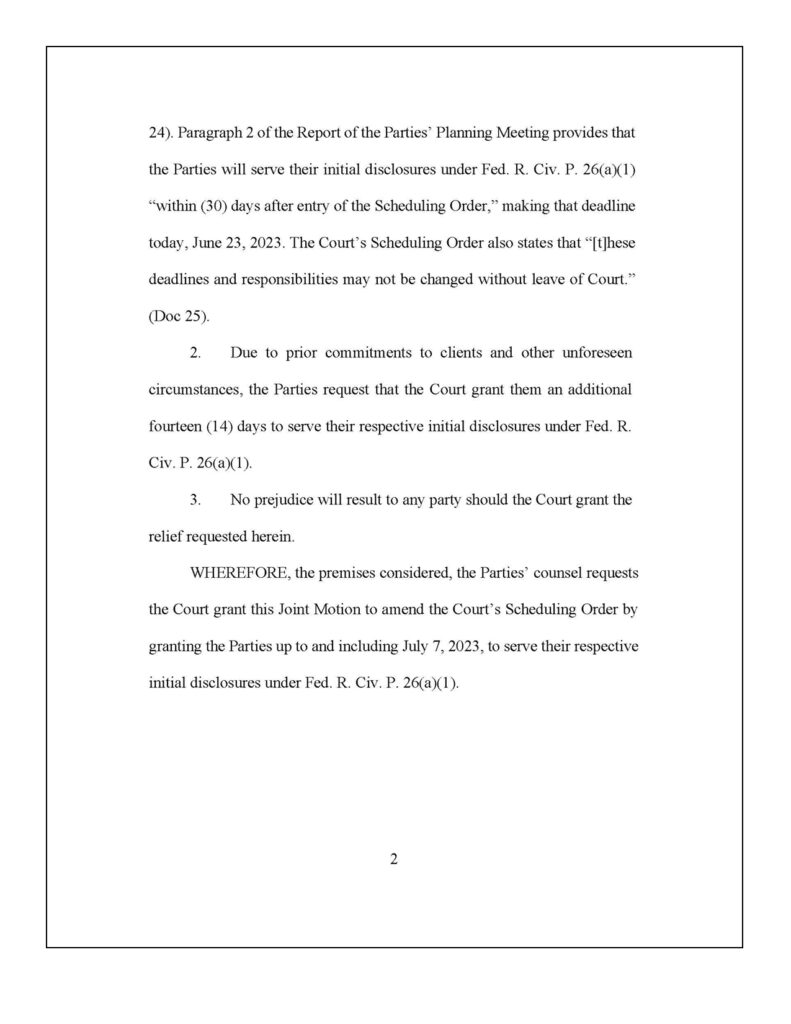

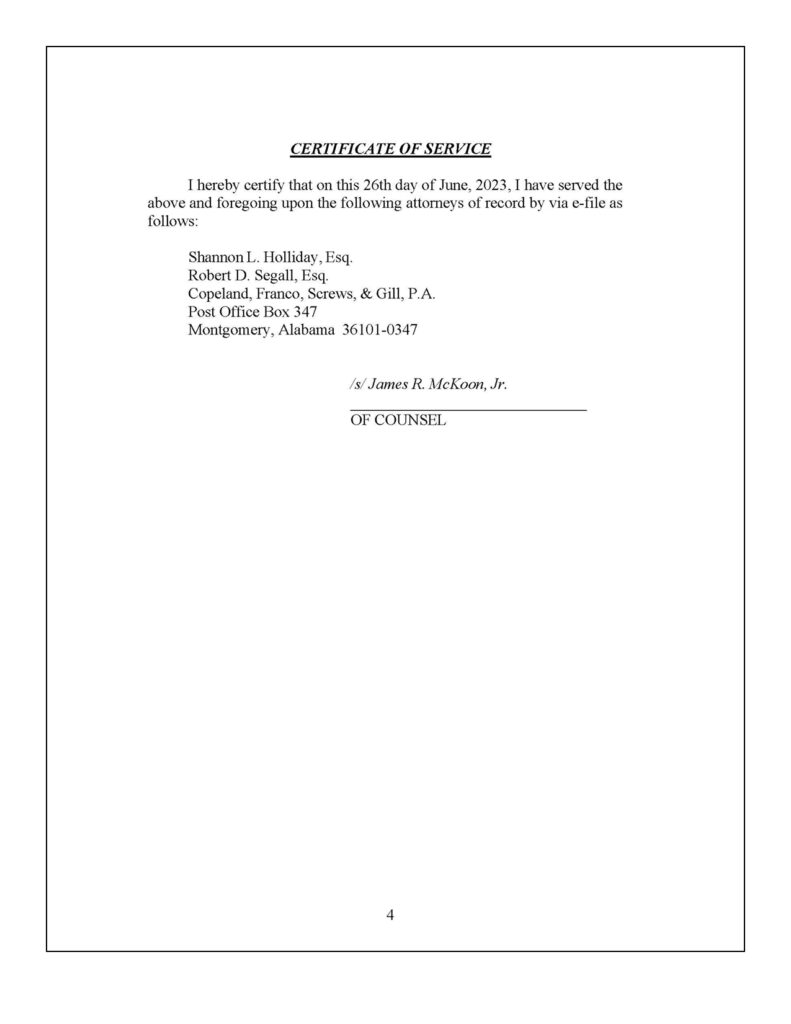


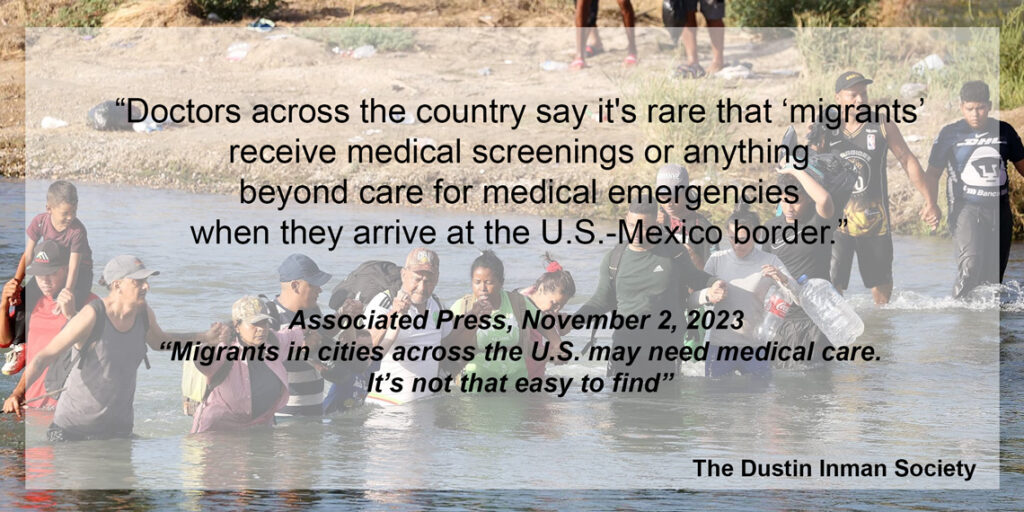

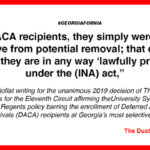















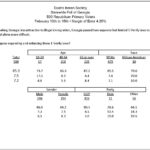





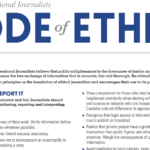










You must be logged in to post a comment.